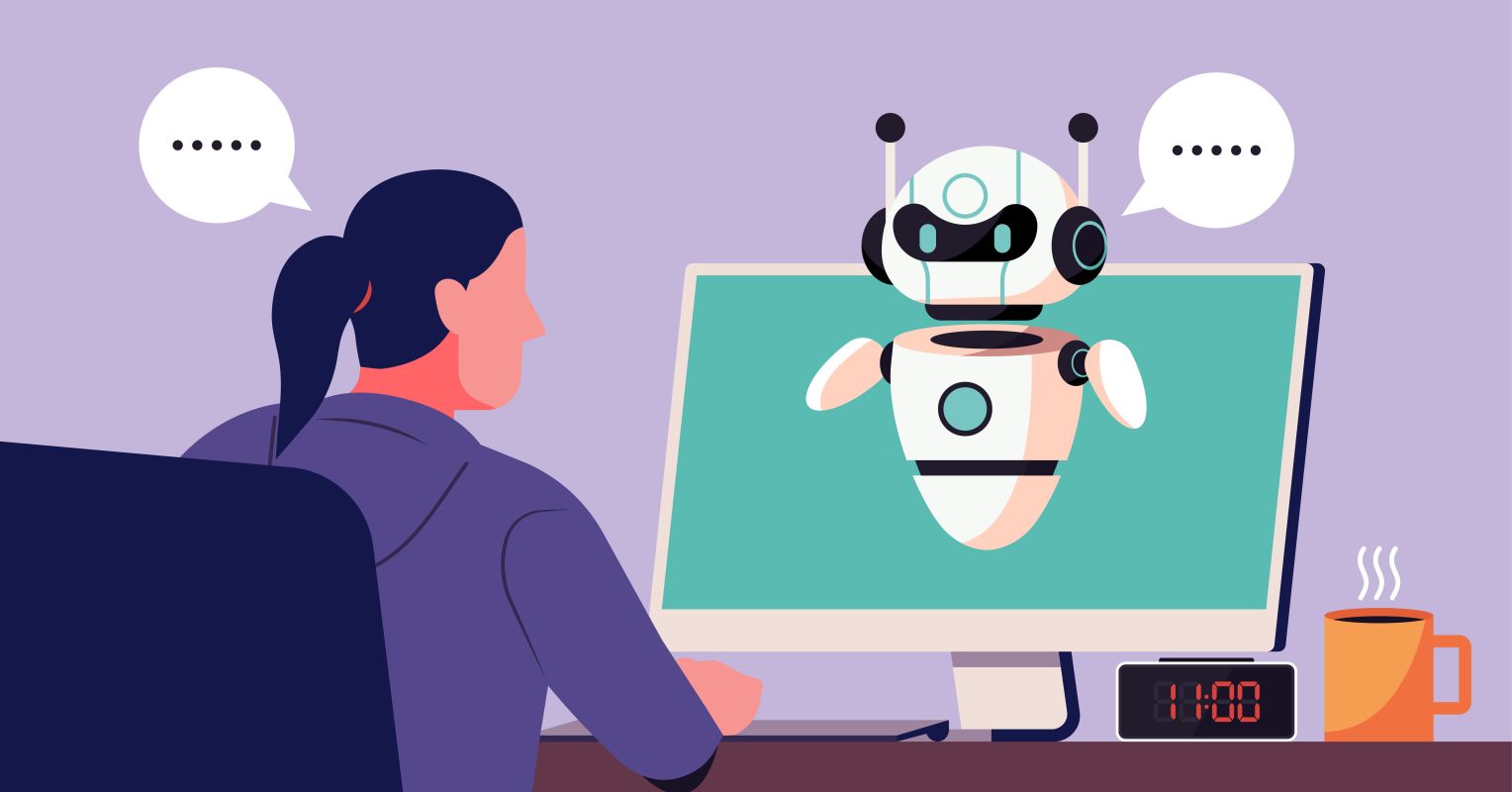
"Have you ever googled a health question that you'd normally ask a doctor or therapist? Today, more information is available than ever. People can privately access guidance through AI chatbots that feels like talking to a real provider. With mental health care still difficult to access for many, it's understandable that many turn to free, anonymous, on-demand chatbots for support. While AI tools can be trained to simulate therapy, relying solely on them leaves significant gaps in mental health care."
"What is an AI "therapist"? Many chatbot models are able to emulate the conversational style of therapy and are built with psychological frameworks and treatment guidelines. Large language model chatbots like ChatGPT are "fed" large quantities of language or "scripts" that teach them how we communicate. They use this information to generate responses to our questions, and then ideally "learn" from our replies. These tools can feel intuitive and supportive, but simulation is not the same as clinical care."
AI chatbots offer immediate, anonymous, and 24/7 access to mental-health guidance, reducing barriers related to cost, scheduling, and location. Many models emulate therapeutic conversation by using psychological frameworks, clinical transcripts, and scripted language patterns. Large language models generate responses from trained text and can adapt to user replies, producing supportive and intuitive interactions. Simulation of therapy, however, is not equivalent to clinical care. AI systems are limited by programming, data boundaries, and difficulty handling complex or co-occurring mental-health conditions. AI lacks legal responsibility for patient safety, privacy, and emergency intervention. Human therapists provide trust, accountability, nuanced assessment, and personalized care that AI cannot replicate.
Read at Psychology Today
Unable to calculate read time
Collection
[
|
...
]